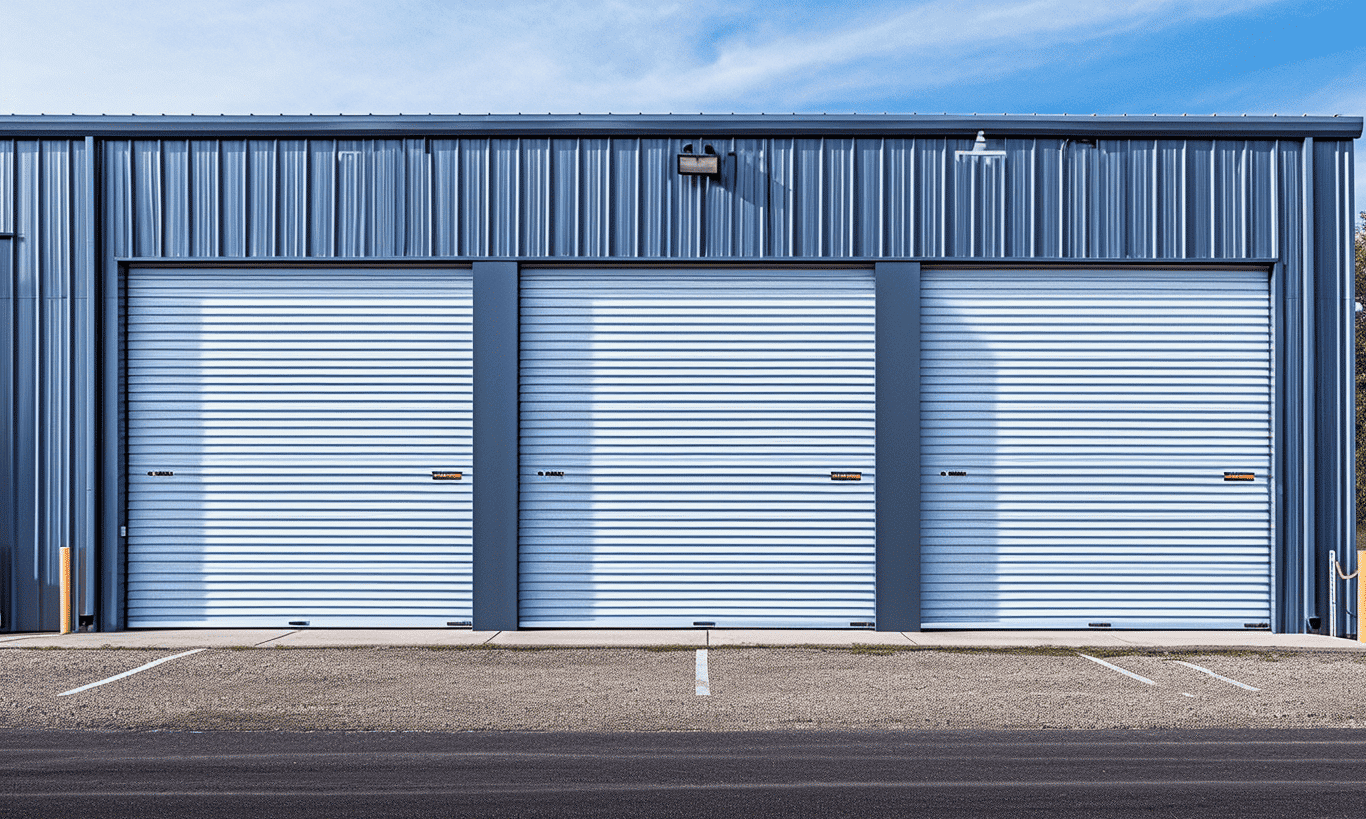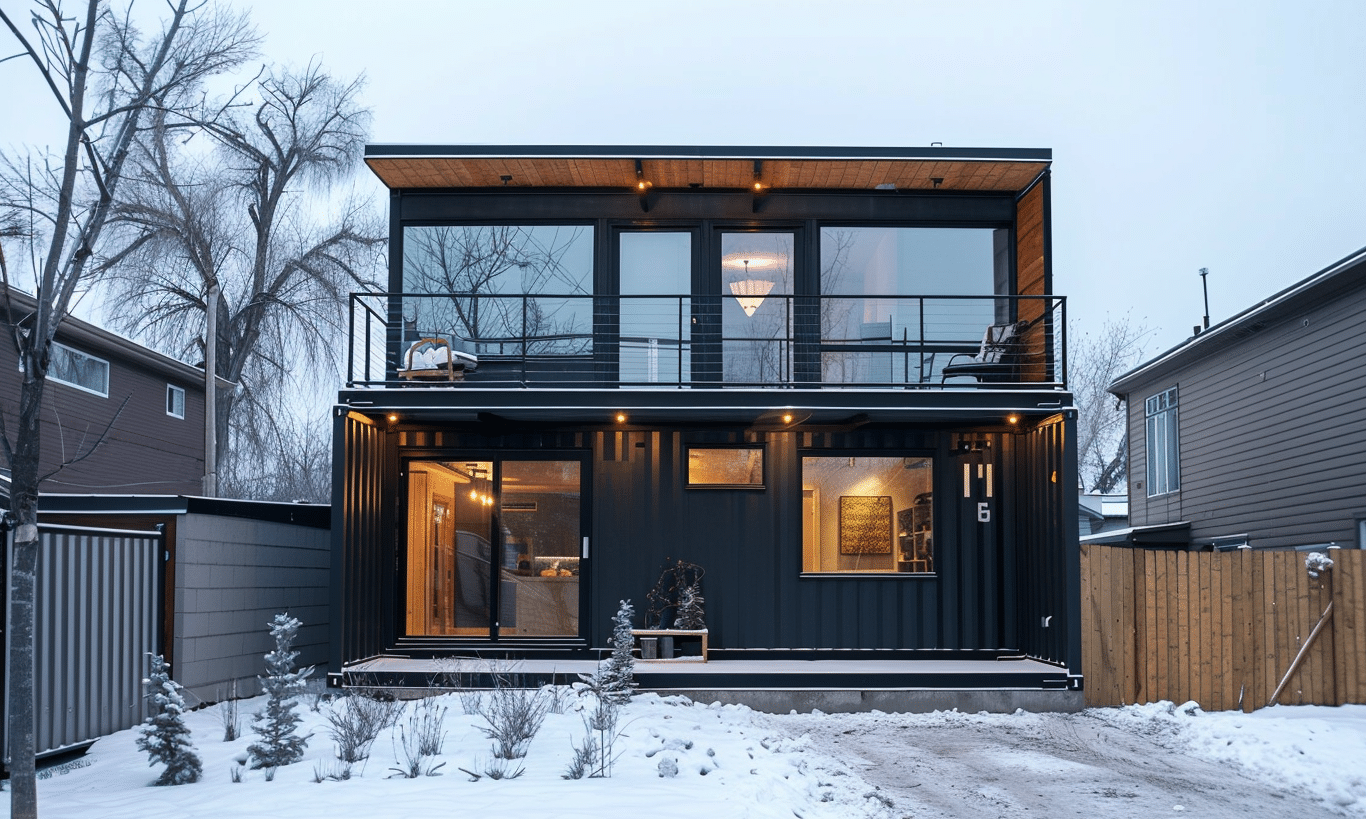Impending 25% Tariff Threatens Canadian and Mexican Goods: Impact on Real Estate and Construction Sector
The economic landscape is set on a rough path as President-elect Donald Trump announced a severe measure that could drastically affect global commerce. Trump warned that he would impose a 25% tariff on goods from neighbors Canada and Mexico on his very first day in office, unless those countries control the stream of drugs and migrants over their borders.
This drastic policy move has wide-ranging implications, particularly for the real estate and construction sector. Here, we delve into its potential effect on these industries, considering imports, exports, and the increasing interest in sustainable construction practices.
Heightened Costs and Construction Delays
The potential 25% tariffs cast a looming shadow over not just prominent manufacturers, but small and medium businesses engaged in the import and export businesses. A hike in tariffs signifies an increase in costs of goods imported from Canada and Mexico, directly impacting the cost of construction materials such as steel, wood, and aluminum sourced from these countries.
The Steel Building Implication
Imagine this scenario: A real estate developer sourcing steel for their upcoming project will experience a hike in the cost of acquiring materials. This surge in cost means a subsequent rise in the construction cost, affecting the entire project’s budget.

Considering the increasing demand for steel buildings, such tariffs would have a significant impact on their cost of construction and thereby their popularity among consumers seeking affordable, sturdy, and sustainable constructions.
Economic Ripple Effects and Slowdowns
The tariffs threaten the economic stability of not just the construction sector but the wider economy as well. Recent years have seen a surge in Canadian and Mexican imports of construction materials into the U.S., supporting the healthy growth of the construction and real estate development sectors. The impending tariff spell slowdowns, delays, and escalating costs.
Interwoven Economies
Canada and the U.S. share a robust economic link, with the U.S. accounting for approximately 75% of Canadian goods exports. For Mexico, the U.S. is the destination of over 80% of its total exports. These tariffs spell an impending economic shakeup that threatens this relationship.

Reinforcing Local Construction Sector
The tariffs could also spell a boon for local construction sectors, providing an opportunity for home-based manufacturers to fill the gap left by imported goods. The move could force industry players to source materials domestically, consequently strengthening local economies and creating job opportunities.
Pioneering Sustainable Local Construction

Whilst the tariffs can boost local jobs, they may also lead to a surge in interest and investment in sustainable construction practices where local and renewable resources, like building with shipping containers, are utilized.
Concluding Thoughts
The proposed 25% tariff on goods from Canada and Mexico, although daunting, offers diverse implications. While one facet reveals a potential threat to cost-effective construction and a strong economic partnership, another angle portrays a potential resurgence of local sectors and sustainable practices.
As we anticipate these policies’ real impacts, we invite you to share your thoughts on this development. How do you foresee it impacting your construction or real estate project? Do you believe local, sustainable building solutions could indeed be the way forward? Share your thoughts in the comments section.
Read more about the news here.




